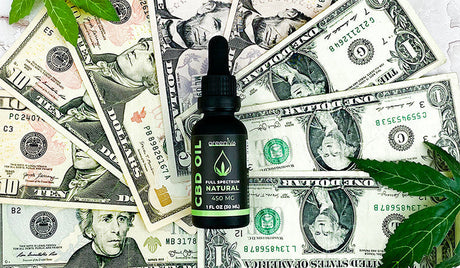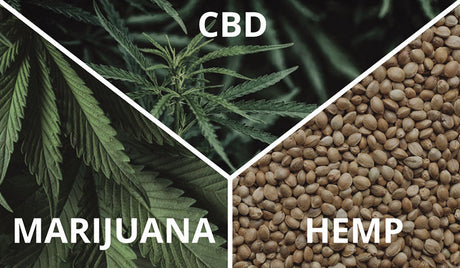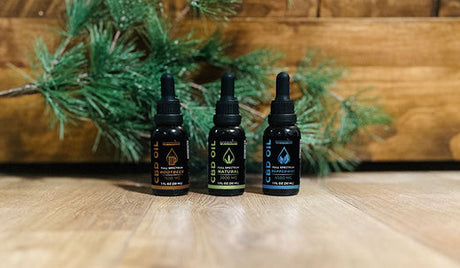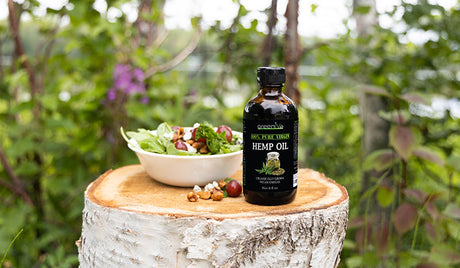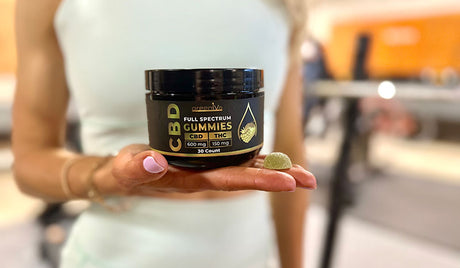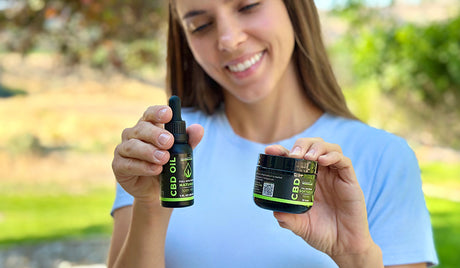Cannabis, a plant with a long and complex history, contains a multitude of chemical compounds, but one, in particular, has garnered significant attention: tetrahydrocannabinol, or THC. This psychoactive compound is the primary driver behind the effects commonly associated with cannabis use.
While often discussed in the context of recreational use, THC has also been the subject of increasing scientific scrutiny for its potential therapeutic benefits. This outline aims to provide a balanced overview of THC, exploring its potential advantages and the associated risks. It’s crucial to understand that the effects of THC can vary widely depending on dosage, method of consumption, and individual factors.
As we delve into the science behind THC, it's equally important to acknowledge the necessity of responsible use and the value of consulting with healthcare professionals, especially when considering its application for medicinal purposes. This exploration is not intended to provide medical advice, but rather to serve as an informative guide to the multifaceted nature of THC.
The Science of THC
THC, short for tetrahydrocannabinol, is the main ingredient in cannabis that affects the brain. Its chemical makeup, shown as (C21 H30 O2), lets it specially interact with your body. This happens through the endocannabinoid system (ECS), a network of receptors and chemicals throughout your body.

How THC Affects the Brain and Body
When you use cannabis, THC enters your bloodstream and attaches to receptors in the ECS, mainly CB1 and CB2 receptors. CB1 receptors are mostly in the brain and affect things like memory, mood, and how you see things.
CB2 receptors are more in the immune system and affect discomfort and swelling. This attachment causes the release of chemicals in the brain, like dopamine, which can make you feel good or change how you perceive things.
Different Forms of THC Consumption
How you take THC changes how quickly and strongly it affects you:
- Smoking or vaping: This gets THC into your lungs quickly, so you feel the effects almost right away.
- Edibles: These take longer to work because THC has to go through your liver, but the effects can last longer and be stronger.
- Tinctures and oils: These are placed under your tongue and absorb faster than edibles but slower than smoking.
- Topicals: These are creams or lotions that mostly affect the area where they are applied and don't usually cause a "high."
Understanding these ways THC works is important for knowing the effects of cannabis use.
Potential Benefits of THC
While THC is known for its psychoactive effects, research also points to several potential medical and mental health benefits.
Physical Health And Wellness
THC has shown promise in managing discomfort, particularly nerve-related discomfort. It can interact with pain receptors in the brain and body to reduce the perception. It may also assist in reducing nausea and vomiting, especially in patients undergoing therapy.
This can significantly improve their quality of life during treatment. THC is known for stimulating appetite and weight loss, which benefits individuals experiencing appetite loss due to medical conditions.

Mental Health Conditions
Some studies suggest that low doses of THC may assist in reducing feelings of worry in certain individuals. However, it's important to note that higher doses can have the opposite effect and increase them.
There's ongoing research exploring THC's potential in assisting with symptoms of PTSD, although more studies are needed to confirm its effectiveness. Short-term use of THC may improve sleep for some people, but long-term use can disrupt sleep patterns.
Other Potential Benefits
Furthermore, THC exhibits anti-swelling properties, which could be beneficial for a range of conditions involving swelling. It's important to remember that while these potential benefits exist, individual responses to THC can vary, and more research is often needed.
Potential THC Side Effects
While THC offers potential benefits, it's also important to understand the possible side effects, which can vary depending on the individual and the amount of THC consumed.
Short-Term Effects
THC can affect brain function, leading to temporary problems with memory and concentration. It can also alter how you perceive time and sensory experiences, making things seem distorted or different within 30 minutes. Studies show that high doses of THC can trigger feelings of anxiety and paranoia in some individuals.
It can increase heart rate, which might concern people with heart conditions. Dry mouth and red eyes are common side effects. THC can also impair motor skills, affecting coordination and reaction time.
Long-Term Effects
Regular THC use can lead to dependence or addiction in some people. There's a potential risk of developing psychiatric disorders, particularly in individuals who are already susceptible.

Smoking cannabis products can cause respiratory problems, similar to those associated with smoking tobacco. THC can impact brain development in adolescents, whose brains are still maturing. Cannabinoid Hyperemesis Syndrome, which causes severe vomiting, has been linked to chronic high-dose THC use.
Variability in Individual Responses
The dosage of THC plays a significant role in the intensity of side effects. People have different sensitivities to THC so that the same amount can affect individuals differently. Pre-existing health conditions can also influence how someone reacts to THC.
Responsible Use and Safety
Using THC responsibly is important to minimize risks and maximize potential benefits. Here's a guide to safe practices:
- Dosage and Administration Guidelines: Start with a low dose and go slow. This allows you to understand how THC affects you. Different consumption methods (smoking, edibles, etc.) have varying effects, so follow recommended guidelines for each.
- Potential Drug Interactions: THC can interact with other medications, including prescription drugs, over-the-counter medications, and supplements. Always talk to a doctor or pharmacist about potential interactions.
- Legal Considerations: Cannabis laws vary significantly. Be aware of the legal status of THC in your area before using it. Using it illegally can have serious consequences.
- Importance of Consultation with a Healthcare Professional: If you're considering using THC for medical reasons, consult a doctor. They can provide personalized advice based on your health history and current medications.
- Risks Associated with High-Potency Products: High-potency THC products can increase the risk of negative side effects, such as anxiety, paranoia, and impaired cognitive function. Exercise caution and avoid excessively high doses.
- Safe Storage and Handling: Store THC products securely, out of reach of children and pets. Properly label all products to prevent accidental ingestion. Treat it like a medication and store it safely.
Sum It Up!
THC has both good and bad sides. It might assist with discomfort and mood, but when taken in large amounts can also cause problems with memory and make some people feel anxious. It's important to remember that using THC in small amounts is more beneficial than large amounts.
It's easy to get mixed messages about THC. Some people talk only about the good, and others only about the bad. The best way to understand THC is to look at the facts and talk to a doctor if you have questions.
If you decide to use CBD products that contain THC, be careful. Start with a small amount and consider how it makes you feel. We still need to learn more about how THC affects people, especially over a long time. More research will help us better understand the good and the bad so that we can make smarter choices.
Zatural Full Spectrum CBD With THC Products
Disclaimer
This blog is for informational purposes only and does not provide medical advice. The information presented here has not been evaluated by the Food and Drug Administration (FDA) and is not intended to diagnose, treat, cure, or prevent any disease. Consult with a qualified healthcare professional before deciding about your health or treatment.



